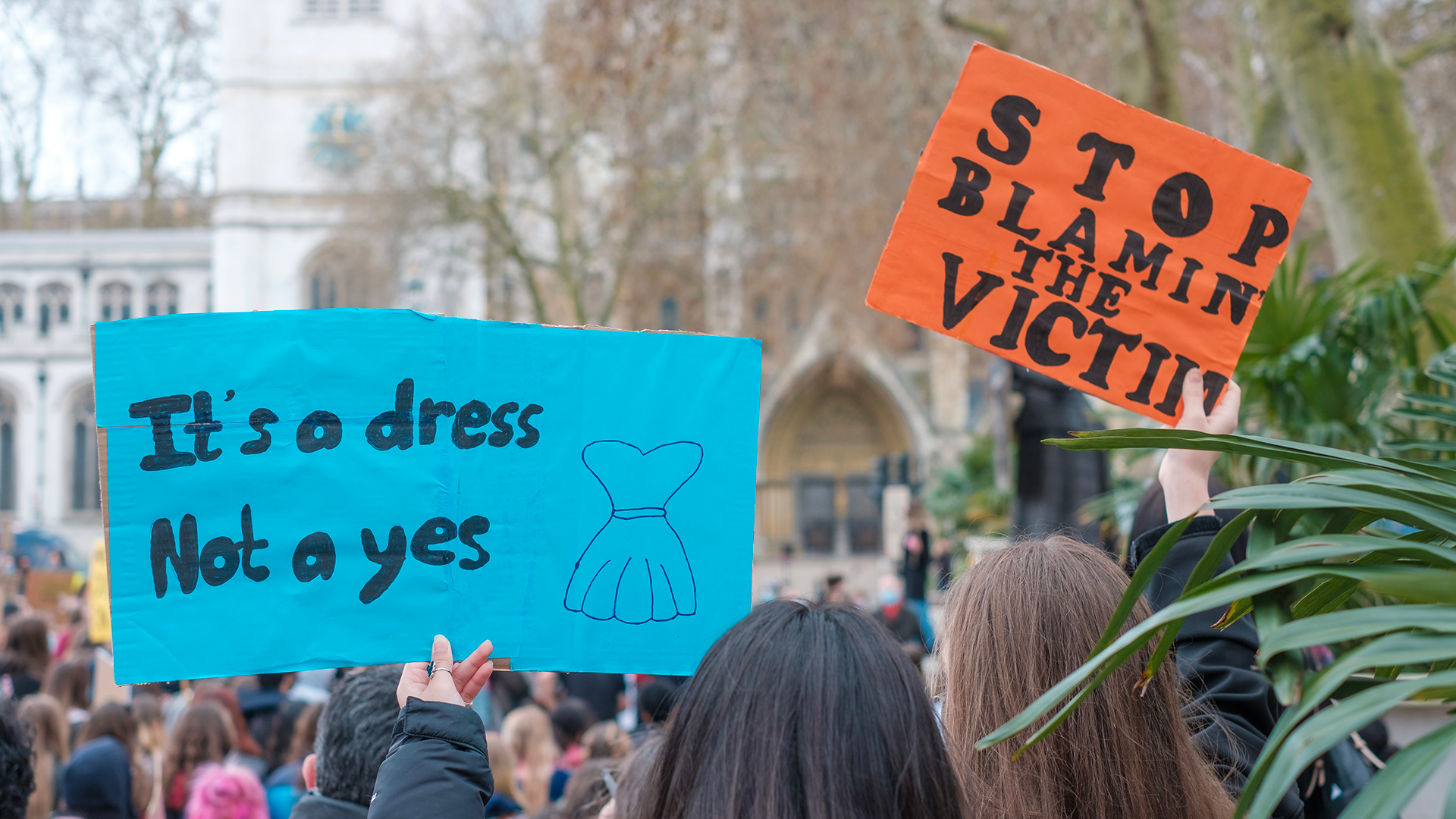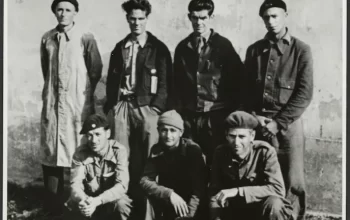Yesterday, the National Student Safety Survey (NSSS) results were released. They were confronting, to say the least. Confronting, distressing, disappointing and harrowing are just some of the words I’ve heard students use to describe them.
The NSSS had 43 189 university students across Australia who took part. Of this, 1052 UOW students participated. The results aren’t a surprise.
18.5 per cent of students at the University of Wollongong (UOW) have experienced sexual harassment since starting university and 9.6 per cent have experienced sexual harassment in the previous 12 months. 14.5 per cent of female students experienced sexual harassment, as did 3 per cent of male students, and 11.6 per cent of students identifying as a differently-described gender.
6 per cent of students have experienced sexual assault since starting university. 2.1 per cent of students have experienced sexual assault in the past 12 months. 2.5 per cent of female students and 1.3 per cent of male students have experienced assault. The NSSS did not report data on non-binary students who experienced sexual assault.
45.2 per cent of students knew some or all of the perpetrators involved.
These results are very difficult to read. Sexual harassment and sexual assault often go unreported, even in large-scale surveys like the NSSS, so it’s safe to assume the numbers may be higher than reported. One reason is that many people may believe their experiences don’t fit the definitions. Victims may gaslight themselves, or be gaslit by others, due to ingrained societal attitudes, so they don’t end up reporting their experiences.
In my own situation, I didn’t realise that unwanted comments made to me while I was walking on campus were considered sexual harassment until a year later.
I told myself, ‘other people have it worse; it’s not that bad.’
But it is bad. It’s completely unacceptable. We shouldn’t have to tolerate invasive comments that make us feel uncomfortable or objectified. It’s never ok.
For students unsure of what sexual harassment and sexual assault are, these are the definitions according to the NSSS:
Sexual harassment: “includes behaviours such as unwelcome touching, staring, following, sexually explicit communications (whether in-person or via technologies), as well as nude or sexual images taken or shared with others without permission.”
Sexual assault: “any unwanted sexual acts or sexual contact that happened in circumstances where a person was either forced, threatened, pressured, tricked, or no effort was made to check whether there was agreement to the act, including in circumstances where a person was asleep or affected by drugs or alcohol. This includes pinching, grabbing or fondling of a person’s sexual body parts, sexual kissing, and/or any sexual penetration (whether oral, vaginal or anal).”
Keep in mind that these examples may not include other forms of sexual harassment or assault. If you have experienced something not listed, please know that your experiences are also valid.
You are seen, heard and believed.
Over half of students don’t know where to report sexual harassment or sexual assault (53.9 per cent and 55.9 per cent respectively). Only 5.5 per cent of students who were sexually harassed made a complaint to the university.
Having so many students not know where to report these cases is inexcusable. UOW has a responsibility to students to make this information easily accessible. Students shouldn’t have to search for bits and pieces of information on different UOW web pages to figure out how to report a case or find information about sexual crimes in general.
It’s also extremely important to note that many victims don’t feel confident sharing their stories. It can be very triggering to talk about. Some students can’t discuss their stories because of communication barriers and other factors. Their experiences are equally as valid, regardless of whether they’ve spoken about them or not. We have to respect their choice and support them by standing up and advocating for all victims. There is still a stigma surrounding sexual harassment and assault. We can break it and normalise the conversation by talking about it.
To victims
You are not alone. I encourage everyone to report incidents to UOW, but I know this can be a very triggering process. Don’t feel pressured into talking about it or reporting it if you don’t feel ready, but also don’t feel pressured into staying silent. If you choose to speak, we will believe you. At the end of the day, you have to do what’s right for you. There’s no correct answer on how to react to sexual abuse- your feelings as the victim always come first.
After a while, the dust will settle and people will move on to the next topic of discussion. This doesn’t mean that we become silent. Instead, we must become louder and demand that this remains a forefront issue. One incident is one too many.
This conversation must continue until we all feel safe on campus.
We can’t be silent. We must be vocal.
It starts with us.
*Tiana Myers is the Welfare Officer at the Wollongong Undergraduate Students’ Association.
If the contents of this article have brought anything up for you, there are services out there.
1800RESPECT
Phone and online counselling for people impacted by sexual assault, domestic or family violence and abuse, available 24/7.https://1800respect.org.au1800 737 732
Lifeline
Phone and online confidential crisis support, available 24/7.https://lifeline.org.au13 11 14
University safety services
Find support and safety services at your university.https://universitiesaustralia.edu.au/our-universities/student-safety
Feature image: Ehimetalor Akhere Unuabona/ Unsplash




